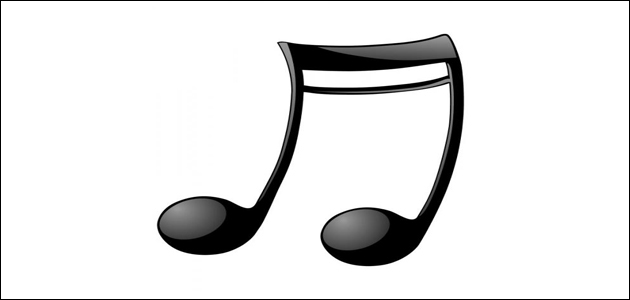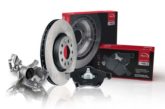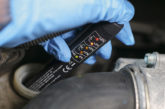
PMM has recently had correspondence from a number of technicians who’ve received phone calls enquiring whether they play music in their workplace. Those who’ve disclosed that they do have then been told that they must have a paid-for licence to continue doing this, or risk hefty fines. We wanted to clear up exactly what this means for workshops and why they are required, by law, to have a licence so we spoke directly to the Performing Rights Society (PRS).
PRS for Music is a not-for-profit-organisation that represents the copyrights of 90,000 songwriters and composers. The firm collects royalties for its members, ensuring they are paid and can earn a living every time their music is used and enjoyed on television, radio, in shops, businesses and workplaces such as offices, dentists, salons and garages.
PMM: So what are the reasons for music licencing?
PRS: There has always been a law in place to protect copyright, ensuring when music is used in business, or outside the domestic environment, those that created it receive royalties.
PRS for Music operates under the 1988 Copyright Design and Patents Act. Over the last 10 years we have improved the way we contact businesses as well as our marketing and operations. As a result, we’ve been able to contact more businesses and now boast a wide number of customers who have held their music licences for decades.
In terms of a ‘PRS for Music’ licence, anytime music is played to the public a licence is required. That includes reception areas and wherever there are customers and staff present.
PMM: Why would you need a licence?
PRS: Put simply, if you play music in your business or want to include it in your product you need clearance to do so from the owners of that music. PRS for Music and MCPS represent the owners and can get you the clearances you need.
PMM: How much does a licence cost?
PRS: The cost of a licence for playing music at your business is usually between £40-100 per year. PRS for Music doesn’t believe in punishments – they always try and work with the business to find a solution that suits everyone. After all, songwriters and composers are small businesses within their own right too.
The cost to obtain a music licence depends on how you’re using that music and how big the business is. For a typical workshop or garage that is not playing music to customers and has four or fewer staff, the cost would be £44 per year + VAT and must be renewed annually. If you’re using music in your business you may also need a PPL Licence.
PMM: How can garages find out more about whether they require a licence?
PRS: Visit the PRS for Music website – www.prsformusic.com – or call free on 0800 694 7322 to get a quote for your business.









